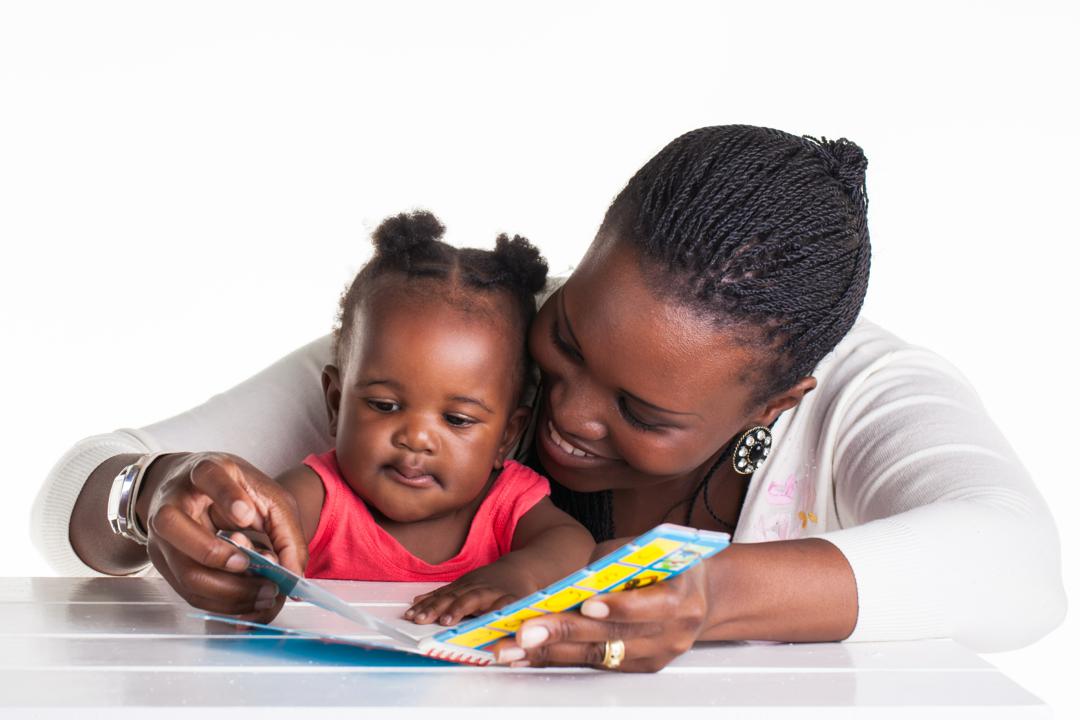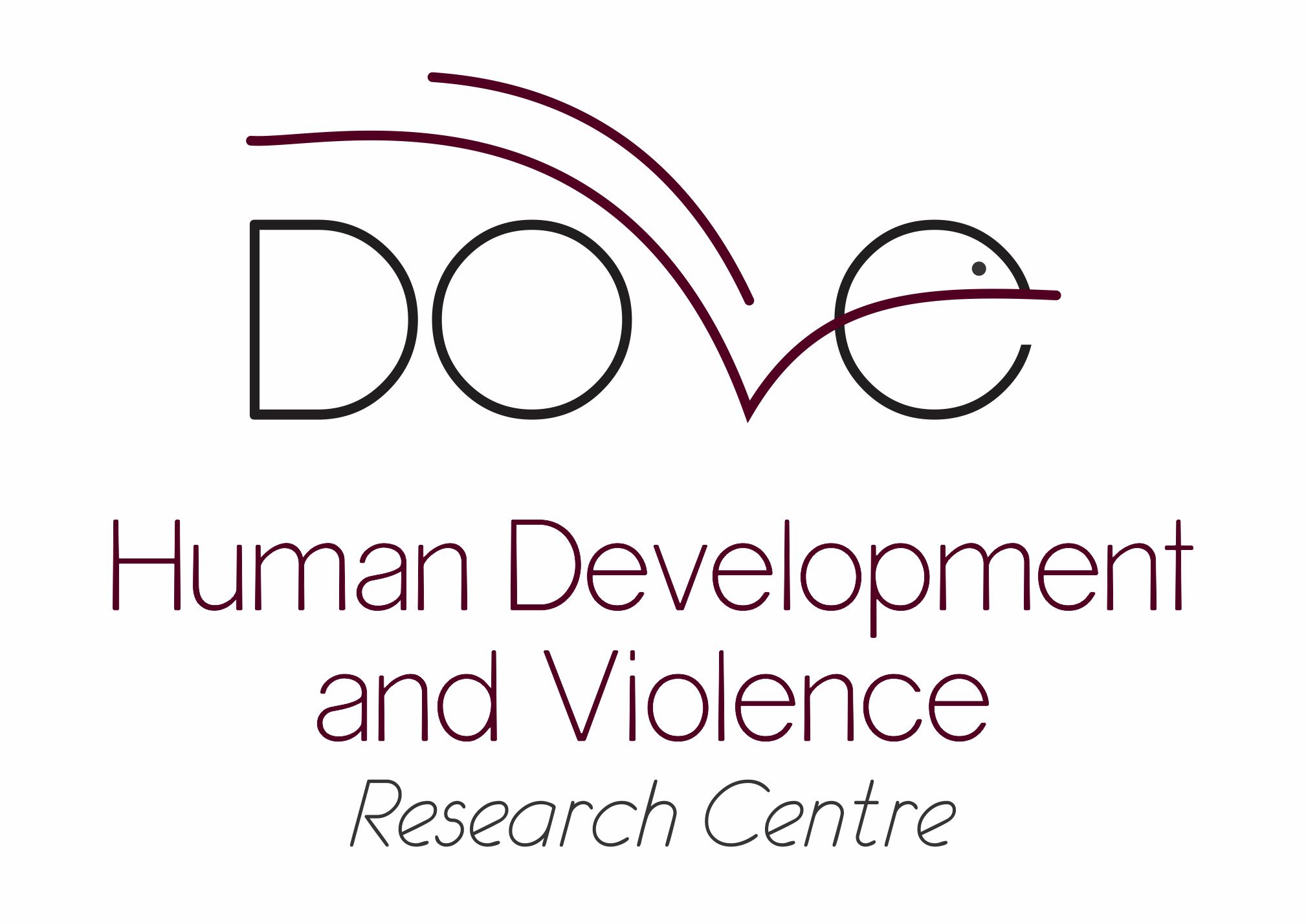Pelotas Parenting Intervention for Aggression (PIÁ) Trial

The PIÁ Trial is a randomized controlled trial aiming to evaluate the impact of two early parenting interventions on child behaviour, cognition, socio-emotional functioning, and parenting practices. The basic idea of parent training programmes is to support and educate parents so that they can provide safe and nurturing environments for their children. Research shows that some parenting programmes are effective in helping families support child development, reduce violence against children, and even reduce future crime. However, those with a good evidence base were tested almost exclusively in high-income countries, and are not ideal for low-resource contexts in developing countries. Therefore, the PIÁ trial aims to evaluate two programmes that are free and short, group-based interventions that can be implemented by community workers in lower resource settings.
The first intervention being tested in the PIÁ trial is a dialogic book-sharing parent-training programme, developed by the Mikhulu Trust and promoted by the WHO Parenting for Lifelong Health Initiative. This book-sharing training programme aims to promote sensitive parenting and child cognitive and socio-emotional development. Central features of this intervention are, in the course of sharing a picture book with a child, becoming aware of the child’s focus of interest, responding sensitively, and engaging in reciprocal exchanges with the child. The second programme being evaluated is the ACT Raising Safe Kids Program, developed by the American Psychological Association and designed to reduce harsh parenting. In the ACT course, parents are given information through interactive activities, as well as slides and videos on child development, strategies for emotion and behaviour regulation, positive communication, problem solving techniques, and guidance on how to raise children free of violence.
These two interventions are being compared with a control group receiving only services as usual. 369 families in the 2015 Pelotas Birth Cohort were randomly allocated to one of the three groups in 2018 (Book-sharing, ACT, Control). In PIÁ Phase 1, independent assessments of parenting and child development were made before the interventions, shortly afterwards, and at follow-up eight months post-intervention, when 368 (99.7%) of the original trial sample was reassessed. There was quite good adherence to both programmes and participants reported good experiences in each. ACT reduced harsh parenting behaviours immediately after the intervention, although this effect was not maintained at the 8-month follow-up. DBS was found to improved positive parenting at both time points. However, neither ACT or DBS had benefits on the primary outcome of child aggression at 8-months post-intervention.
To assess potential medium-term effects of the interventions on child and parenting outcomes, a second phase of the PIÁ trial is evaluating the effects of ACT and DBS at two later time points: 2 years post-intervention (during the critical period of the COVID-19 pandemic, when the children were 5 years old), and 3–4 years post-intervention (when children were 6–7 years old, at school entry age). The preregistered statistical analysis plan for Phase 2 can be found here: https://osf.io/jaquk.
Publications
Murray J, Santos I, S Bertoldi A D, Murray L, Arteche A, Tovo Rodrigues L, Cooper P. The effects of two early parenting interventions on child aggression and risk for violence in Brazil (The PIÁ Trial): protocol for a randomised controlled trial. BMC Trials 2019; 20(1): 253. PDF
Martins RC, Machado AKF, Shenderovich Y, et al. Parental attendance in two early-childhood training programmes to improve nurturing care: A randomized controlled trial. Children and Youth Services Review. 2020;118:105418. doi:10.1016/j.childyouth.2020.105418.PDF
Murray J, Martins RC, Greenland M, Cruz S, Altafim E, Arteche AX, Cooper PJ, Domingues MR, Gonzalez A, Machado AKF, Murray L, Oliveira I, Santos I, Soares TB, Tovo‑Rodrigues L, Voysey M. Effects of Two Early Parenting Programmes on Child Aggression and Risk for Violence in Brazil: a Randomised Controlled Trial. Prevention Science. 2024; 25:834-848. PDF


